JCT Design & Build Contract Options

The Joint Contracts Tribunal (JCT) suite of contracts, last updated in 2016, remains a cornerstone in the construction industry, guiding
The Importance of the Schedule of Amendments | JCT Contracts

Today, we delve back into the world of construction contracts, where precision and clarity are paramount. Our focus is on
JCT 2024 Suite of Contracts | What’s Changed?

The next suite of JCT contracts, JCT 2024, was announced by JCT at its annual construction industry parliamentary reception held
Is it time to include Fluctuation Provisions in your JCT Contracts?

The BBC and other news outlets have been coming out with some scary stories recently in relation to the ever
Advantages of JCT
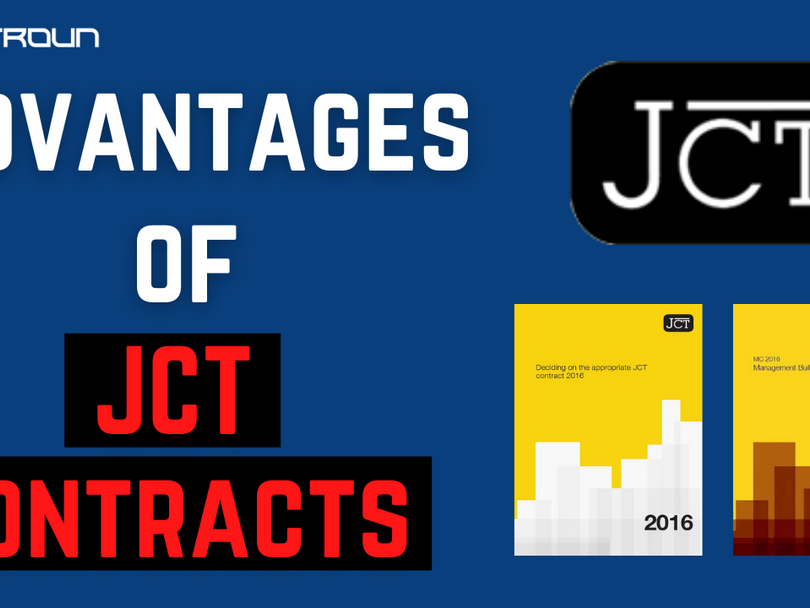
JCT stands for ‘the Joint Contracts Tribunal’ and has been in use since 1931, making it one of the most longstanding and well used standard construction contract in a vast number of different countries. JCT is one of the big players when it comes to construction contracts, so this blog is going to take a look at some of JCT’s biggest benefits and advantages: At its core, JCT has taken the approach to produce standard forms that meet clearly defined needs and apportion risk in a way that is appropriate for the procurement methods they reflect. JCT contracts are developed by engaging a cross-section of the building industry. This means that clients (private and public sector), consultants, contractors, specialists, and sub-contractors are all involved in the development of JCT contractsand therefore have a voice. The JCT suite of contracts is made up of ‘families’ of standard forms which include guidance and other documents that are suitable for the majority of construction projects and procurement methods. Their suite of contracts is proficient in minimising the transaction cost of entering into a contract and providing benchmark provisions in standard form contracts. JCT provides standardisation and protection over common issues as they have been developed over the best part of a century. This now means that they consider and include most issues that can reasonably be expected to occur during a construction project. Leading to increased comfort and assurance for the parties entering into one. Recognisable and fair allocation of risks that can occur on a construction project which generally, both parties will be familiar with and their distribution to each side. The JCT suite of contracts makes a conscious effort to not be more favourable to one side than the other. Succinct and practiced Dispute Resolution Methods. These methods often nominate anarbitrator or adjudicator who can make decisions as to the accountability of both parties. This helps to avoid more costly and drawn-out proceedings such as going to court. Having a standard from of contract such as JCT helps to provide a basis that can be relied upon in order to quickly and efficiently solve disputes. JCT contracts can also be used as a means of protecting employers against poor contractors. The employer can be content in the knowledge that most possibilities are covered by the contract, e.g. penalties for late completion of work or conditions. If you want to learn more about
Relevant Event or Relevant Matter? | JCT Contracts

The construction industry is full of jargon and it can be difficult to understand all the acronyms and terms used.
NEC vs JCT Contracts: Similarities and Differences
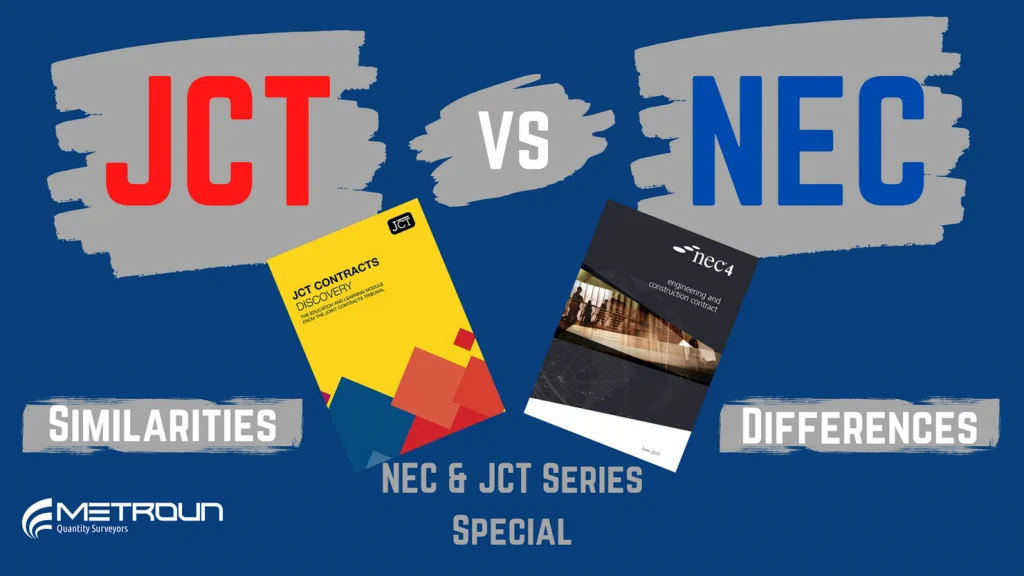
Anyone working or studying a construction profession in the UK has likely heard of JCT and NEC. However, it is
JCT Management Contract Options
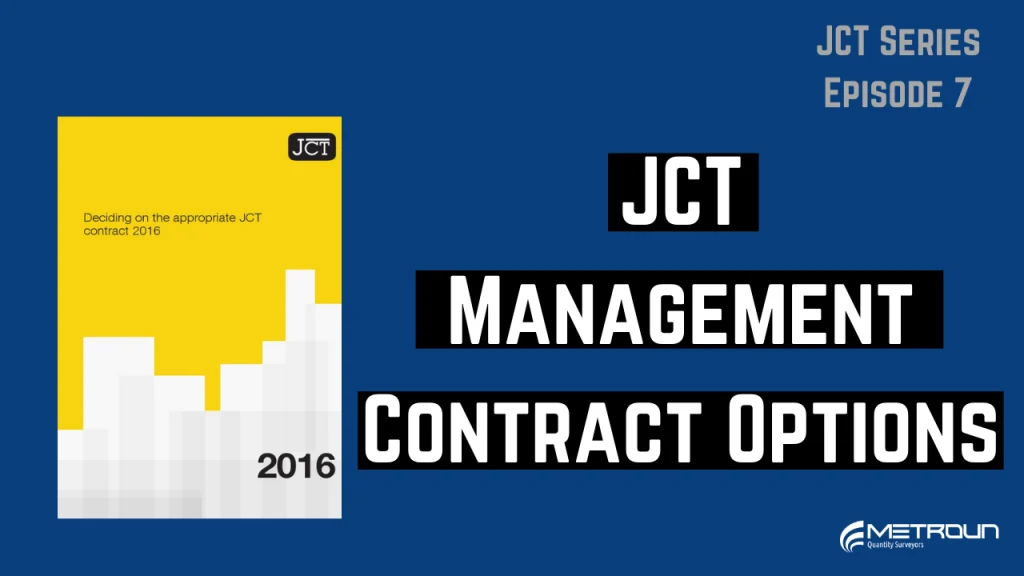
The most recent version of the JCT suite of contracts is 2016. In this video, we will explain the Management
JCT Traditional Contract Options
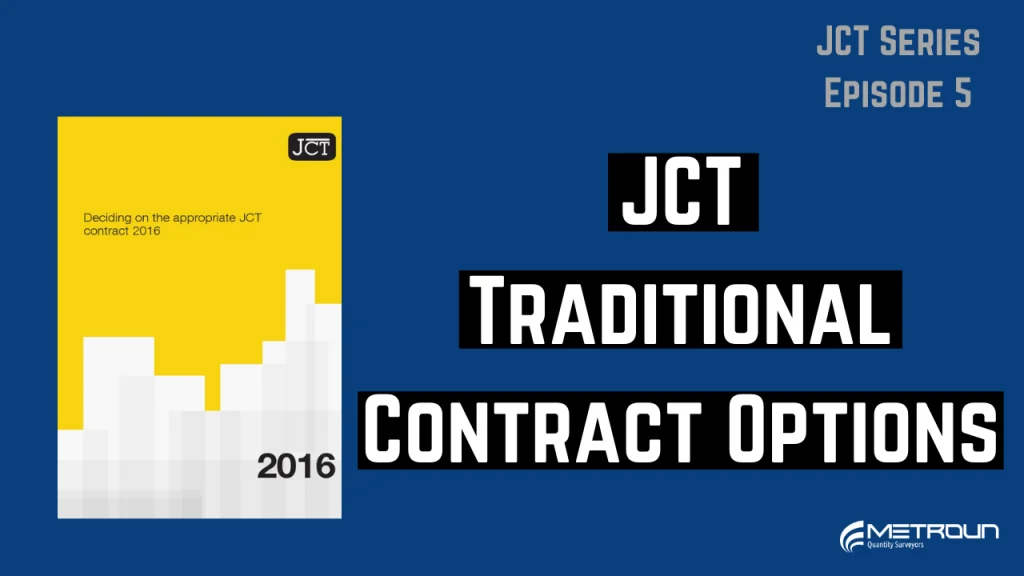
The most recent version of the JCT suite of contracts is 2016. This takes account of the changes to the
The JCT Management Procurement Route
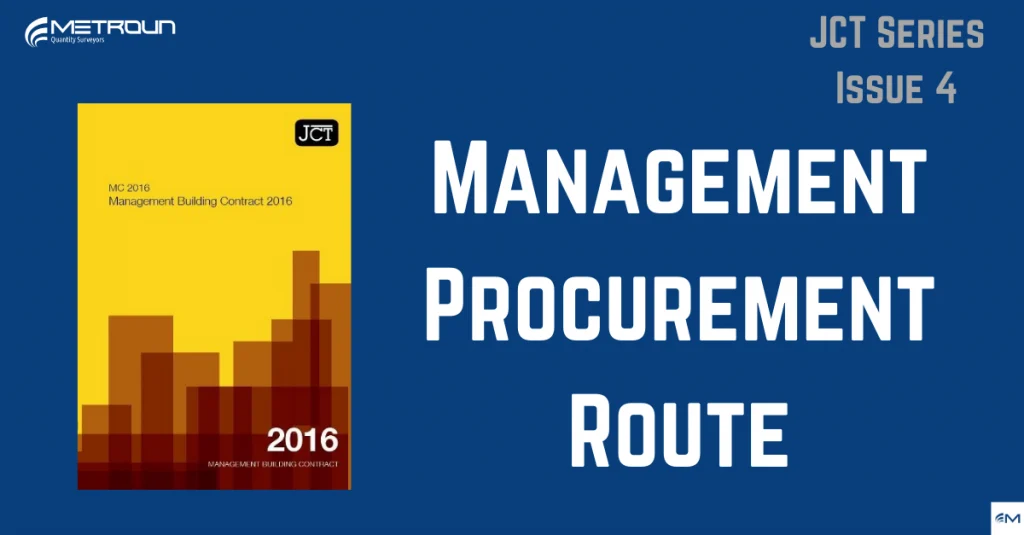
As stated in our previous article in the JCT Series, there are 3 procurement routes which can be taken under the JCT


